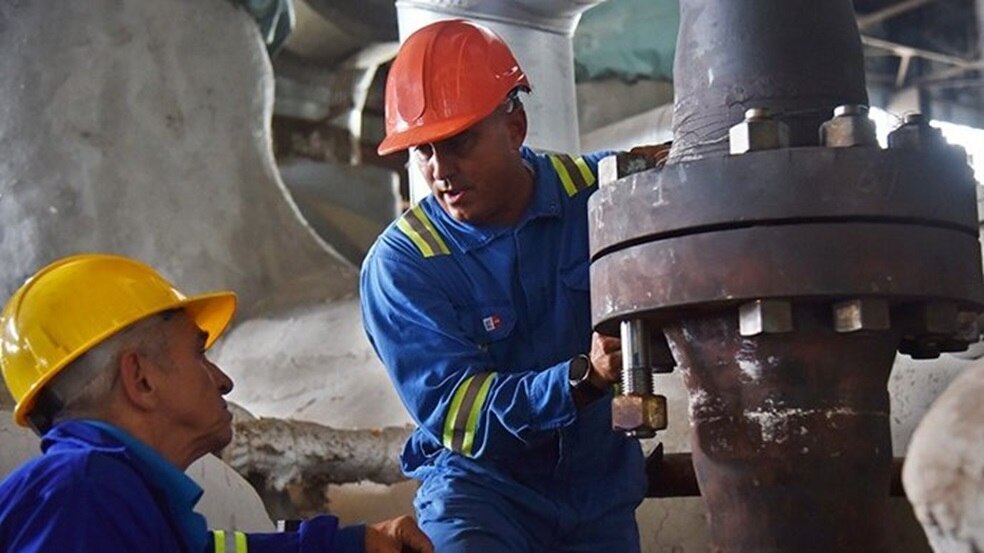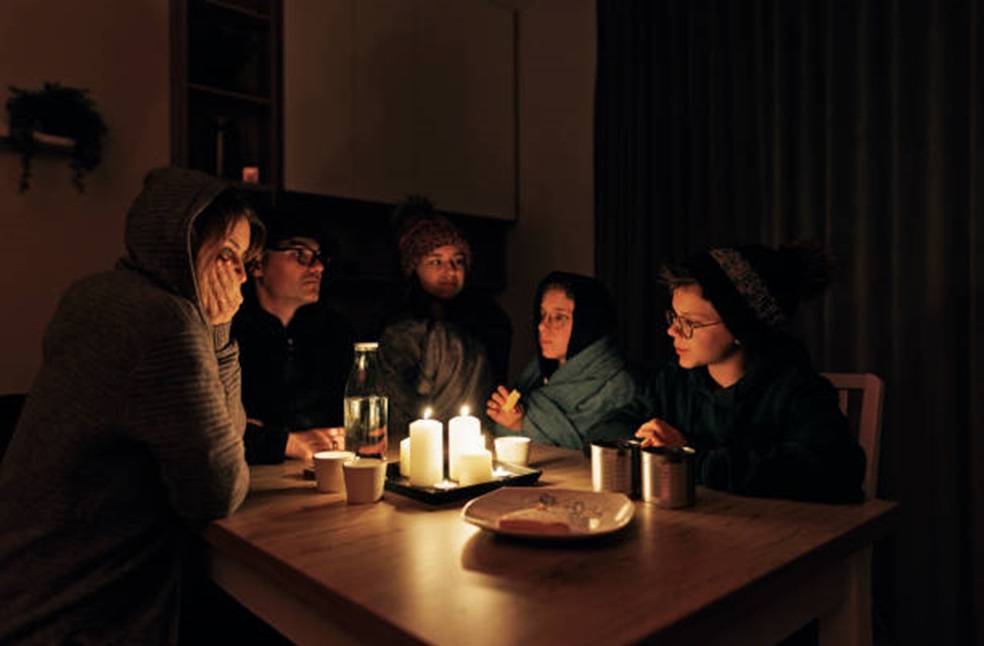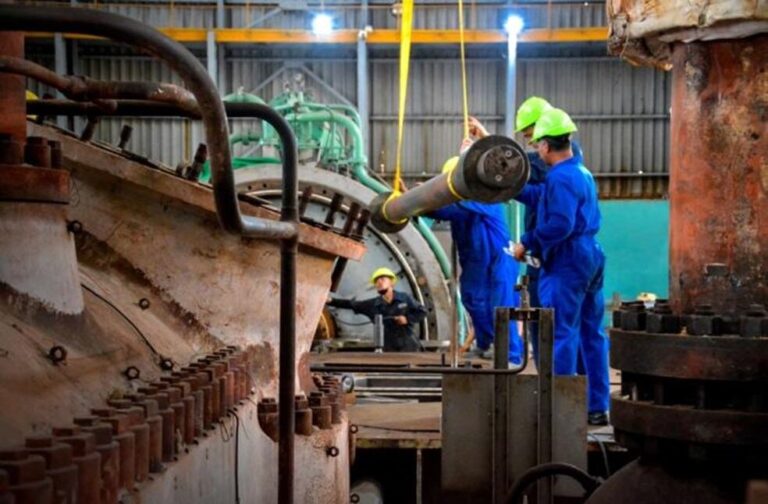Havana: The Cuban government has restored electricity to nearly 20 percent of the population after a catastrophic collapse of the national grid, which plunged millions into darkness twice within 24 hours.
The unprecedented blackout compounds the struggles of the nation’s 10 million residents, who are already grappling with severe shortages of food, medicine, and fuel.
Lazaro Guerra, Cuba’s chief electricity official, stated that the grid operator was working diligently to restore power, but cautioned that the process would be slow. Rushing repairs could lead to further blackouts and a deterioration of service.
As of Saturday evening, the capital, Havana, remained largely without power, and strong winds and rain began to affect much of the island in anticipation of Hurricane Oscar, expected to approach northeastern Cuba in the coming days.

The electrical grid’s initial failure occurred around midday Friday, triggered by the shutdown of one of the island’s largest power plants. State media reported a second collapse early Saturday morning.
Even before these failures, the Communist government had implemented drastic measures, such as sending non-essential state workers home and canceling school to conserve fuel for electricity generation amid an ongoing electricity shortfall.
Officials attributed the worsening blackouts- lasting between 10 to 20 hours per day across many areas- to deteriorating infrastructure, fuel shortages, and rising demand. Compounding the situation, strong winds from Hurricane Milton had hampered fuel deliveries from offshore boats to power plants.

Fuel Challenges Persist
The US government denied any responsibility for the power crisis. A State Department official remarked that, “Cuba’s economic conditions, stemming from long-term mismanagement of its economic policy and resources, have increased hardships on the Cuban people,” asserting that the US was not to blame for the blackout or Cuba’s ongoing energy challenges.
Cuban officials warned that even if the immediate crisis is resolved, the electricity shortages would persist. The island produces minimal crude oil, and fuel deliveries from Venezuela, Russia, and Mexico-once crucial suppliers have plummeted this year. Venezuela cut its subsidised fuel shipments to Cuba by half, forcing the island to seek more expensive oil on the spot market.
This incident echoed previous unrest following the 2022 grid collapse after Hurricane Ian, which led to widespread protests across various cities, including Havana.



